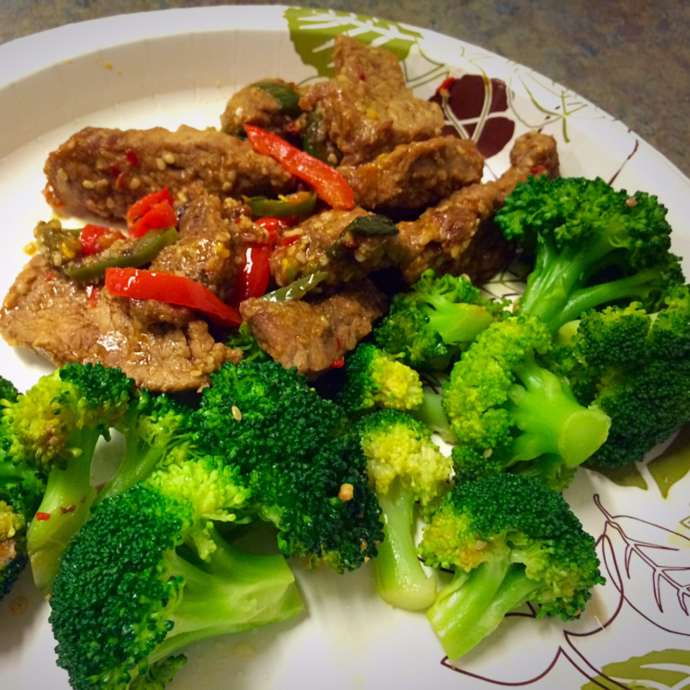It’s a new year, and the urge to push reset is real. Right now, diet programs are selling you hard on promises of a “new you”. So should you bite?
It might come as a surprise since I’m a dietitian, but I don’t dismiss all diet plans outright. Though it’s a fact that most diets don’t work in the long run, I try not to discourage people from trying something new (the exception: those with a history of disordered eating should avoid diet plans entirely). I’ve actually taken a stab at a few different diets in the past (read about my experience with Intermittent Fasting), mostly in the name of science (and, I’ll admit, partly to see if any of my extra post-40 pounds would budge).
If there’s anything I’ve learned as a dietitian, it’s that different ways of eating work for different people. Some people thrive on a vegan diet, others feel zen on Paleo. Beyond varying preferences and lifestyles, the reasons why are likely hidden in our genes, and someday we may know more.
But in the meantime, if you’re tempted to take up a diet plan, ask yourself a few key questions:
Does the diet come with a list of foods that aren’t allowed (and all happen to be your very favorites)? If so, you would do well to stay away from plans like Whole30 and Keto, which eliminate long lists of foods that may be weekly or even daily staples for you (like wheat and dairy but even foods like beans and peanut butter). Ditto for a vegan diet if you rely on meat, milk, and eggs. Nixing all these foods may seem easy at first but can get grueling pretty quick.
Are you trying to pinpoint food sensitivities? Whole30 and “Detox” diets promise to ease a wide range of symptoms and help you identify offending foods. But isolating problem foods can be tough when you eliminate so many at once. You may want to consider simply removing them one at a time for a week or so to notice if you feel differently. If your symptoms are primarily digestive, consider learning more about the FODMAP Diet, which can be especially helpful for those with IBS.
How do you feel about tracking your food? Approaches like Weight Watchers (now WW) and macro counting rely on daily food journaling. If doing so for more than a day seems tedious, those plans likely aren’t for you.
Have you have success on any diets in the past? If so, what was it about those plans that clicked with you? If not, you may want to save yourself the struggle.
An alternative to a structured diet plan is taking a more personalized approach. Why not pull bits and pieces from different programs and make them your own? Instead of going full-out Paleo, getting more protein every day may satisfying your hunger longer. Instead of following Intermittent Fasting to a “t”, just calling it quits on eating at 8pm might curb late-night eating that isn’t serving you well. Instead of trying Keto, adding more healthy fats like olive oil and avocado might make your meals and snacks tastier and more filling.
Whatever you do, it shouldn’t seem like punishment. If you’re feeling deprived, isolated, and irritable, the approach is just not for you. Because no “new you” is worth that.
[WebMd]



